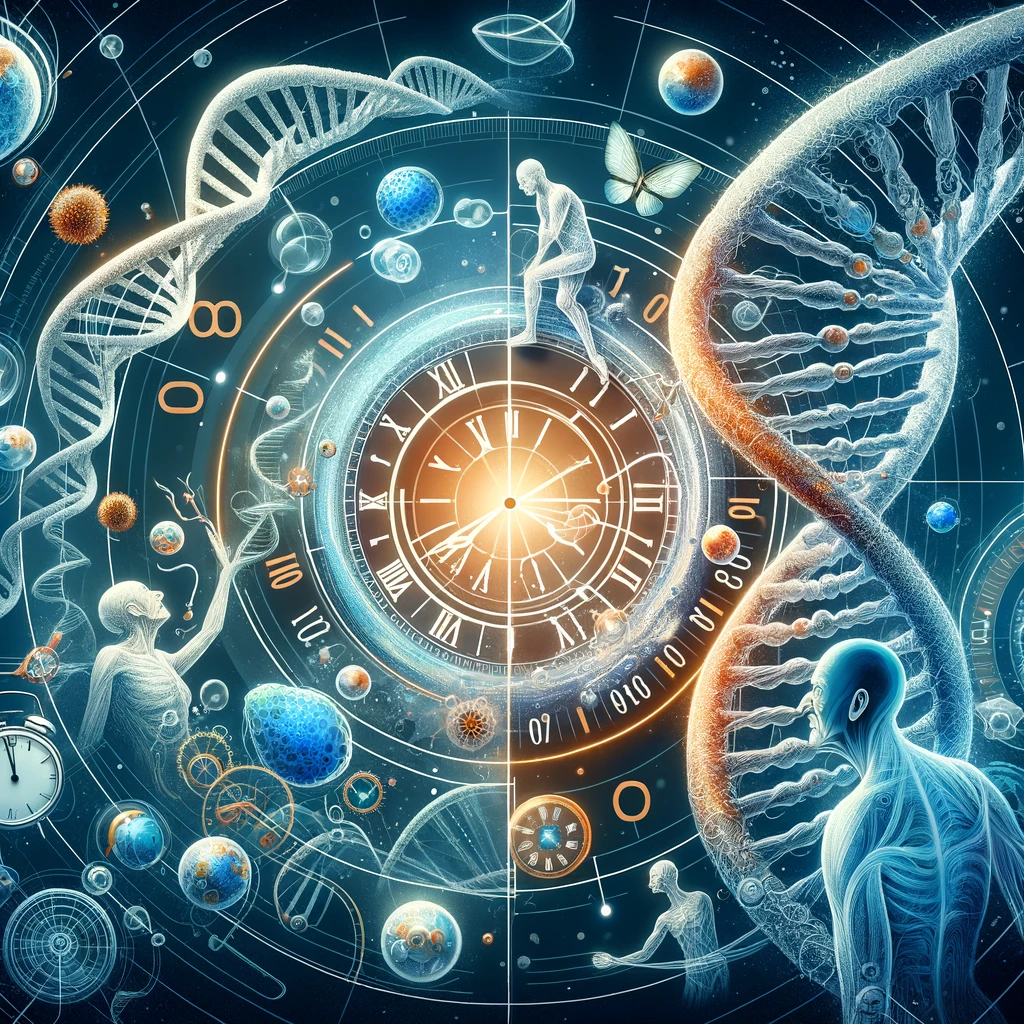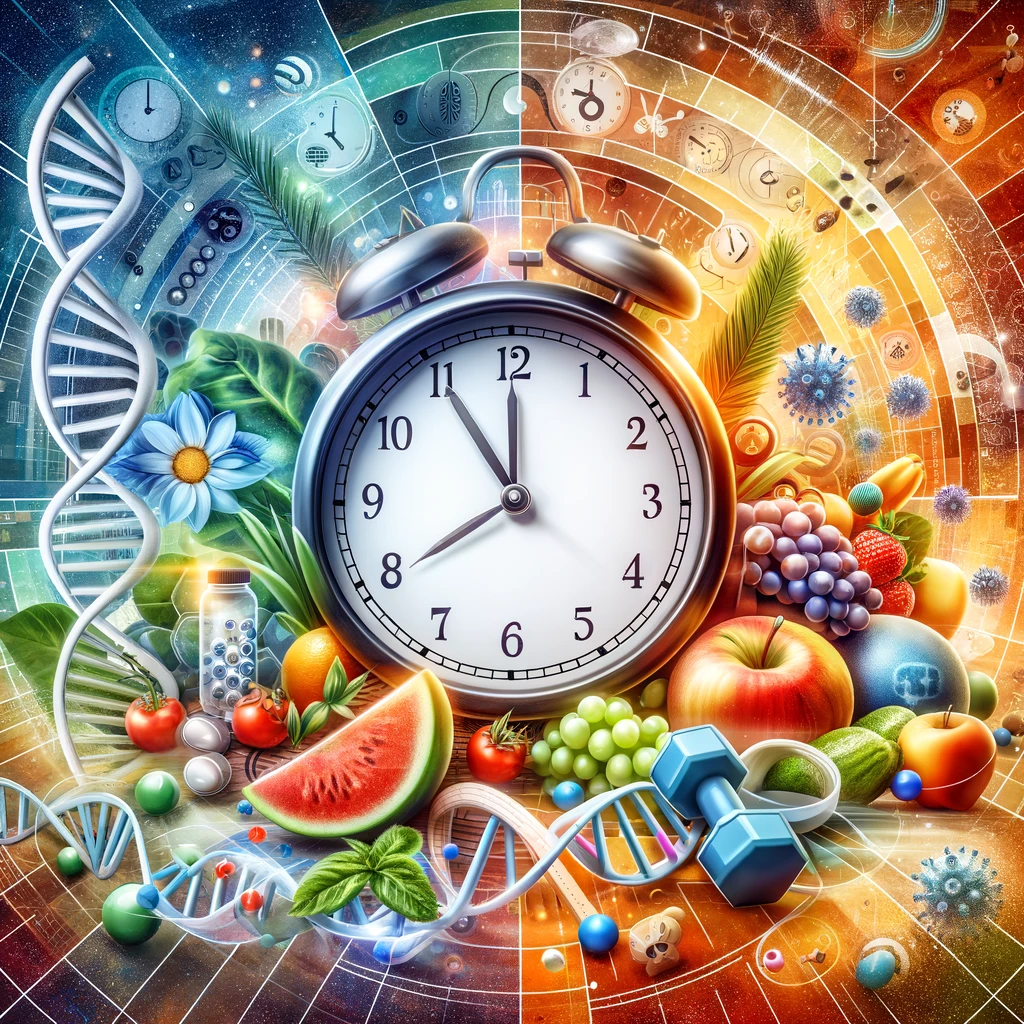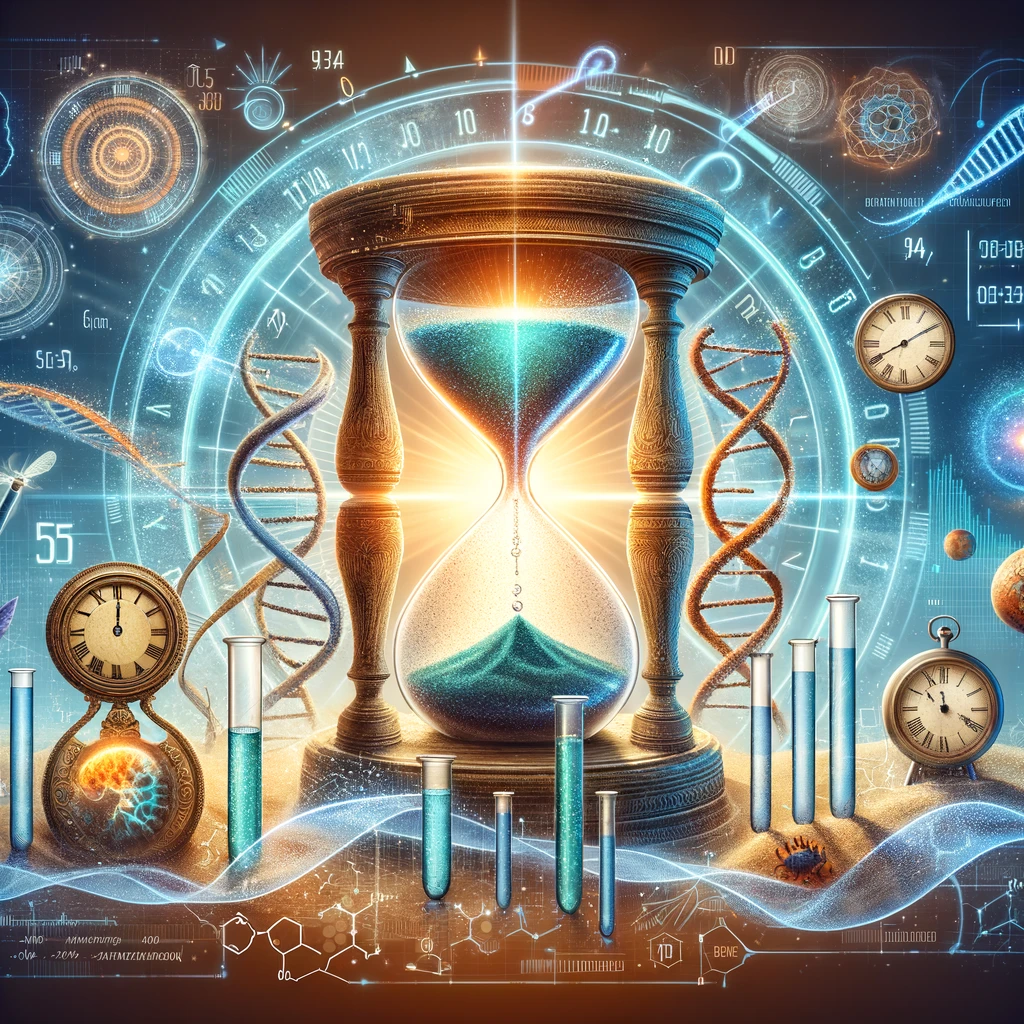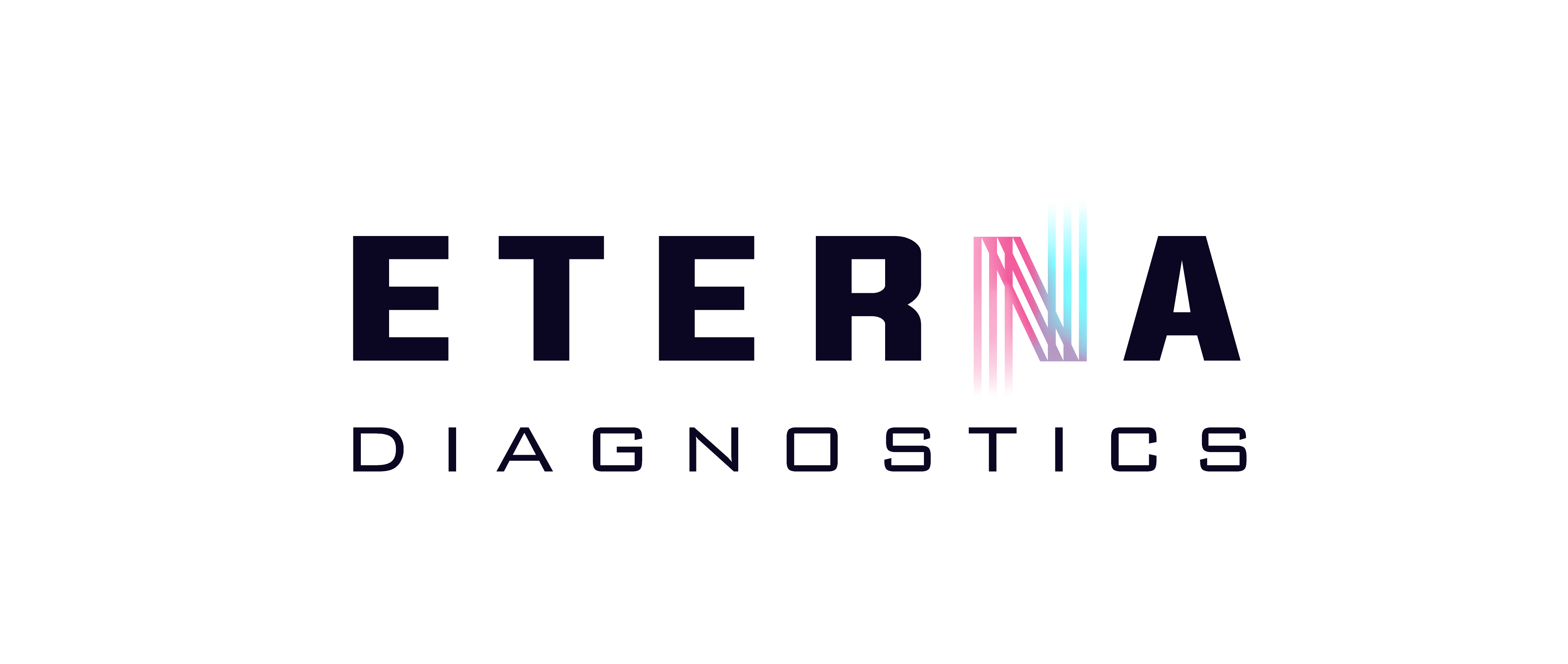What Your Biological Age Says About You
In our quest to understand aging, we distinguish between chronological age and biological age. Chronological age counts the years since birth. Biological age, especially “biological age in real time,” shows our body’s true state. This concept is key in aging research. It shows how lifestyle influences our aging rate.
Chronological Age vs. Biological Age in Real Time
- Chronological Age: This is the straightforward count of years since an individual’s birth. It moves forward uniformly, unaffected by lifestyle or health.
- Biological Age in Real Time: This dynamic measure assesses the body’s aging rate by examining biomarkers, genetics, lifestyle habits, and environmental exposures.
The Science of Aging
Several factors at the cellular and molecular levels influence biological aging:
- Telomere Dynamics: Telomeres, which cap chromosome ends, shorten with age. This shortening is a sign of cellular aging.
- DNA Health: As we age, our ability to repair DNA damage lessens. This contributes to the aging process.
- Epigenetic Factors: Changes like DNA methylation can indicate biological age. These changes build up over time.
Lifestyle and Biological Age
We have control over our biological age through our lifestyle:
- Nutrition: Antioxidant-rich foods can slow aging.
- Physical Activity: Regular exercise benefits our biological age.
- Stress Management: Lowering stress can decelerate aging markers like telomere shortening.
- Sleep: Quality sleep is crucial for repair and rejuvenation.
- Social Connections: Strong social ties can positively affect our biological age.
Evaluating Biological Age in Real Time
Innovative scientific advancements have introduced various tests capable of assessing an individual’s biological age. These include DNA methylation profiles, telomere length analysis, and comprehensive blood biomarker panels. Such assessments provide insights into the body’s aging state, guiding personalized lifestyle interventions for enhanced health and longevity.
Conclusion
“Biological age in real time” reframes aging from a fixed, inevitable process to a modifiable journey influenced by our daily choices. By understanding the underlying science and actively engaging in lifestyle practices that support youthfulness, we can extend our healthspan, enjoying vitality and wellness deep into our later years. In this new paradigm, aging becomes not just a chronological passage but a lived experience rich with potential for growth and rejuvenation.





Leave a Reply